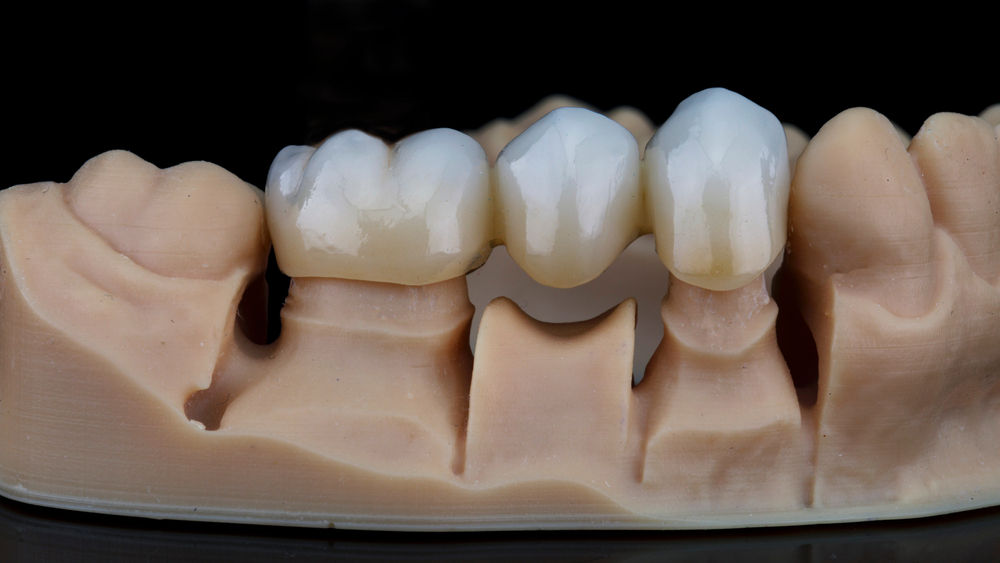
For decades, dental bridges have effectively served as replacements for missing teeth. They can replace a single tooth or several teeth as a fixed (permanent) restoration, requiring a dentist’s intervention for removal once installed. Advances over the years in dental materials have improved the strength and appearance of the crowns used in dental bridgework, providing even more lifelike appearance with exceptional durability.
While dental implants now stand as the best option to replace missing teeth, people still consider bridges an excellent choice in situations where an implant isn’t feasible, or as a less costly alternative.
The Mechanics of Dental Bridges
A dental bridge consists of artificial crowns fused together, resembling pickets in a fence. The bridge crowns may comprise an underlying precious metal, such as a gold alloy covered by porcelain, or, more preferably, an all-porcelain dental bridge. This strong, durable ceramic accurately mimics the color and translucence of natural teeth, while effectively withstanding the forces generated in the mouth during biting and chewing.
The middle crown or crowns of the bridge, known as pontics, take the place of the missing tooth or teeth and occupy the open space. In a fixed bridge, the crowns on either end of the bridge cover and attach to the teeth located on either side of the open space. These are known as abutment teeth—the main supports and points of permanent attachment for the bridge.
To accommodate the crowns attached to them, the dentist shapes the abutment teeth by removing a sufficient part of their natural structure. After preparing the abutment teeth, the dentist cements the support crowns of the bridge in place, permanently covering them.
Dental Bridge vs. Dental Implant
Fixed bridges have been a reliable restoration for many years, but they do have their disadvantages. The preparation of the abutment teeth removes all of their enamel, permanently altering possibly healthy teeth. The bonded or cemented interface between the attached crown and an abutment tooth may be susceptible to decay, necessitating careful maintenance and cleanliness to preserve the integrity of the attachment. However, due to the strengths and advantages of dental implants, which have fueled the popularity of this restoration method, the utilization of natural-teeth-supported bridges has decreased in recent years.
On the other hand, there are situations where dental implants aren’t recommended, for which a dental bridge is an effective alternative. For example, there may not be enough bone present at a missing tooth site to anchor an implant. Because of its location, a proposed implant might also interfere with or damage other mouth structures and tissues such as nerves, blood vessels or sinus cavities. And, a person may have a medical condition like uncontrolled diabetes or a compromised immune system that would make receiving and maintaining a dental implant difficult.
Cost is another factor: Initially, a dental bridge is usually less expensive to install than dental implants. You should, however, carefully weigh any cost differences between a bridge and dental implants with a long-term perspective. Implants have a proven record for longevity, often lasting for decades—the chances of having to replace them (and incurring additional cost) before you would need to replace a similar bridge supported by natural teeth are very small. Implants are also easier to maintain and pose no decay risk, which might result in lower treatment costs over time than what you might incur with a dental bridge.
Tooth Extraction: Causes and Treatment Options.
Dental Bridges: Still a Reliable Choice for Tooth Replacement
Although their popularity and use may have decreased in recent years, dental bridges remain a viable restorative option for many patients with missing teeth. Their traditional attributes of durability and visual appeal have only been improved upon with the advent of stronger and more natural-looking dental materials.
Dental bridges offer a reliable alternative to other restorations that may not work in certain situations. With proper care and maintenance, they can provide many years of useful function and enhanced appearance.



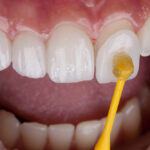
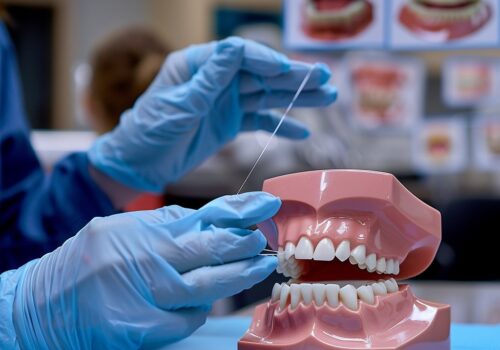


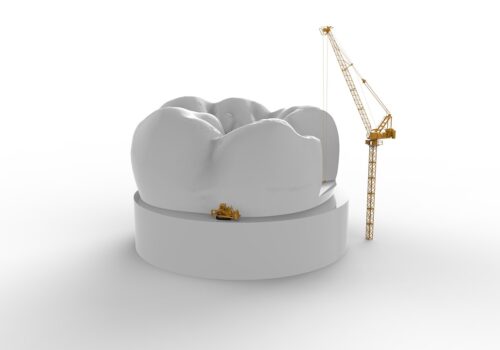
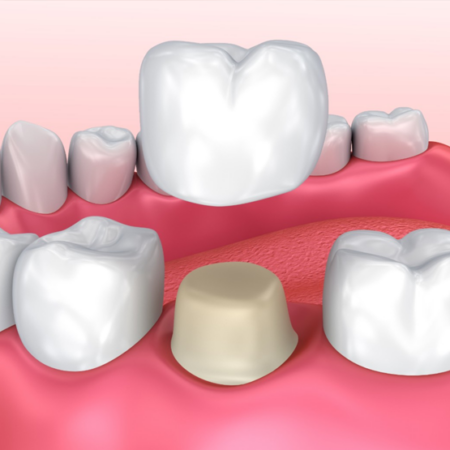
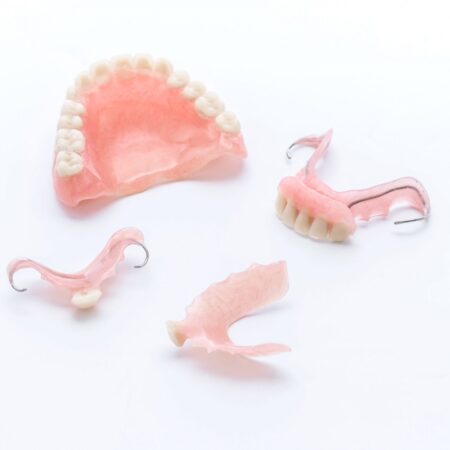

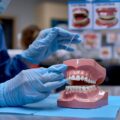


Leave a Reply